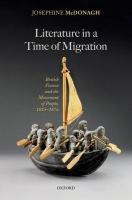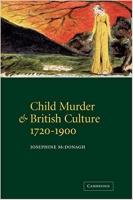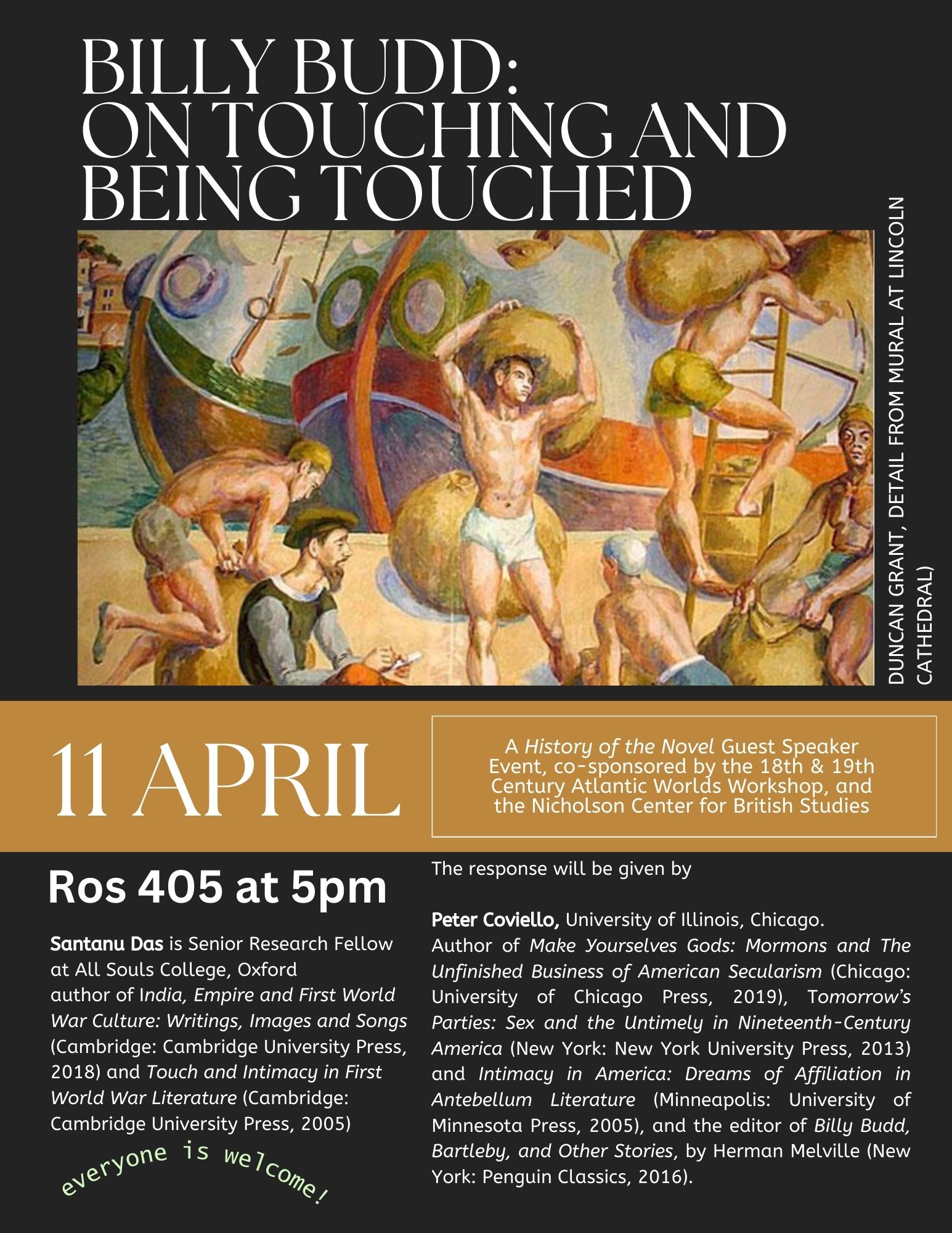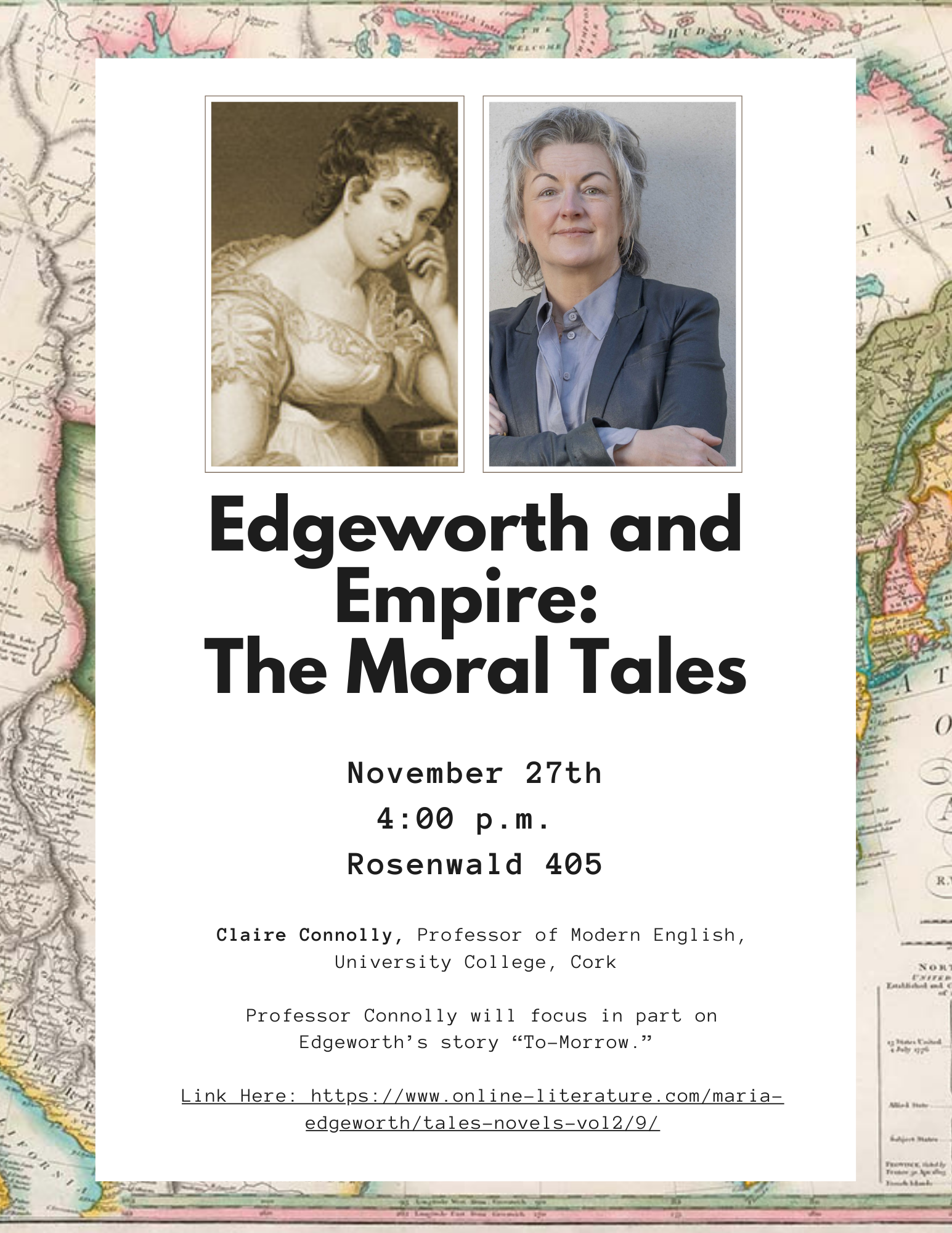
Biography
My research and teaching focus on nineteenth-century British literature, especially in the contexts of colonialism, imperial expansion, and the migration of people across the world. I range across authors, genres and print forms, and explore questions about the kinds of knowledge that literature produces. How and when do literary texts intersect with works in, for instance, history, the law or political economy? And to what effect? I’m interested in what happens when literary texts move from one continent to another, or across time, often in fragmented forms; and, on a smaller scale, in the various ways that ideas and motifs in literature jump from one text to another, recombined and refracted in the company of others. I have written books about Thomas De Quincey and George Eliot, and a study of ideas about child murder in eighteenth and nineteenth centuries; and edited volumes on gender politics, 19th-century science and literature, Charles Dickens and the French Revolution, and on nineteenth-century colonial commodity cultures.
Current work clusters around two themes. The first is migration. Literature in a Time of Migration: British Fiction and the Movement of People, 1815 – 1876 (2021) is a book about the ways in which literature responded to, and helped to shape, a transcontinental migratory culture during a time of mass emigration from Britain to settler colonies. The novel in particular was a genre that was shaped in the context of dramatic demographic mobility. Nineteenth-century print was awash with moving: emigration pamphlets, parliamentary papers, gazetteers, maps, newspapers, magazines devoted to the business of emigration, books on natural history of the colonies and on technologies of transportation, on population and the political economy of colonialism. Considering literary texts in this company allows me to propose some new ways of formulating the spatial regimes of nineteenth-century fiction, and also to touch on some of the questions raised by global migration today.
Some of the issues that emerge from the nineteenth-century context persist today, and in recent work I have been thinking about migration in relation to contemporary arts, and the ways in which writers, artists and film makers today respond to the difficult questions that migration raises for migrant and settled people alike. I am involved in a number of ongoing, collaborative projects which bring work on world migrations of the past into conversation with the urgent questions raised by contemporary situations.
This concern to bridge past and present is also evident in a second area of research, on the commodity culture of the British colonial world. This explores the many - sometimes deadly - effects of global commodities in the past and present. I have been involved in an international research network exploring the transformations of local cultures in the nineteenth century, especially in the global south, in the light of colonial commodity exchange, and my work on De Quincey has led me to consider the importance of opium as a global commodity, whose associated technologies of cultivation, communication (largely steam driven), economic exchange (often illicit), military power, and individual and national freedoms, shaped social life in regions across the world. Commodities also provided writers and artists like De Quincey with a radical new sensorium which refashioned elements of western cultural production. My work explores the multiple ways in which commodities shaped literary cultures of the nineteenth century, and their legacies which persist in the contemporary world.
Since 2021, I am Director of the Nicholson Center for British Studies, the University’s focal point for the multidisciplinary study of all things to do with the British Isles and any of Britain’s former colonies. The Nicholson Center is devoted to supporting new work on these regions, and for the critical study of the history and legacies of colonialism. I am also one of the editors of the journal Modern Philology.
Selected Publications
- Literature in a Time of Migration: British Fiction and the Movement of People, 1815 – 1876 (Oxford, 2021)
- Child Murder and British Culture, 1720-1900 (Cambridge, 2003)
- George Eliot (Northcote House Press/British Council, 1997)
- De Quincey's Disciplines (Clarendon Press, 1994)
- Commodities and Culture in the Colonial World (ed. with Supriya Chaudhuri, Brian Murray and Rajeswari Sunderrajan) (Routledge, 2017)
- Nineteeth-Century Radical Traditions (ed. with Joseph Bristow) (Palgrave MacMillan, 2016)
- Charles Dickens and the French Revolution (ed. with Colin Jones and Jon Mee) (Palgrave Macmillan, 2009)
- “Can Migrants Be Seen? Some Representations of Migration in Contemporary Art, Film and Literature”, in The Question of Aesthetics, ed. George Levine. Oxford University Press, in press.
- “Introduction: Literature and Migration”, Josephine McDonagh and Jonathan Sachs, Modern Philology, vol. 118, no. 2 (November, 2020): 204-212.
- “The Nineteenth-Century Opium Complex: From Thomas Love Peacock to Sherlock Holmes”, Josephine McDonagh and Briony Wickes, Literature & History, Vol. 29, 1 (2020), 3–18
- “Hospitality in Silas Marner and Daniel Deronda,” 19: Interdisciplinary Studies in the Long Nineteenth Century (online) 19: Interdisciplinary Studies in the Long Nineteenth Century. (29) (2020).
- 'A Genealogy of the Village,' in Commodities and Culture in the Colonial World (Routledge, 2017)
- 'Women Writers and the Provincial Novel: Cranford and the Culture of Annuals,' in Lucy Hartley ed., Palgrave History of British Women's Writing: Volume 6, 1830-1880. In press. Palgrave, 2017
- 'Rethinking Provincialism in Mid-Nineteenth-Century Fiction: Our Village to Villette,' Victorian Studies 55.3 (Spring 2013): 399-424
2021-2022 Courses
- Reading Cultures 1 (undergraduate)
- Empire Books (graduate)
Spring 2022
- Genre Fundamentals: Fiction (undergraduate)
- Narrating Migration (with Vu Tran) (undergraduate)




